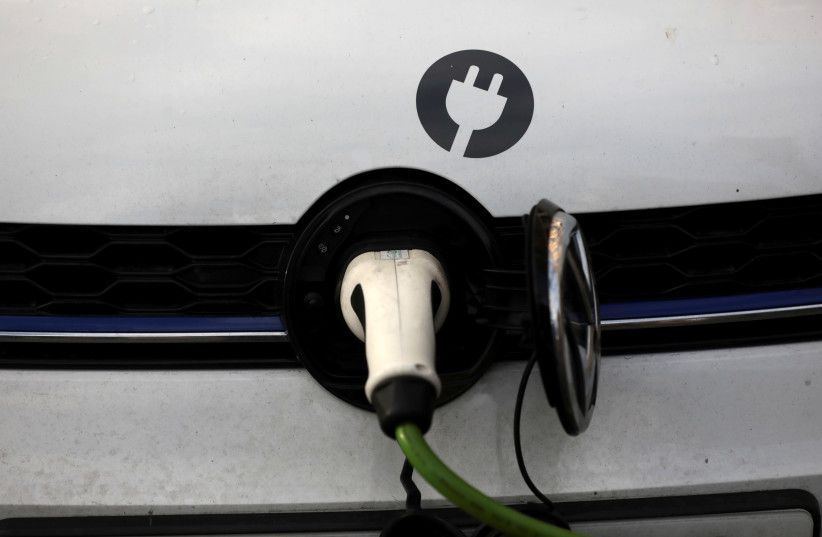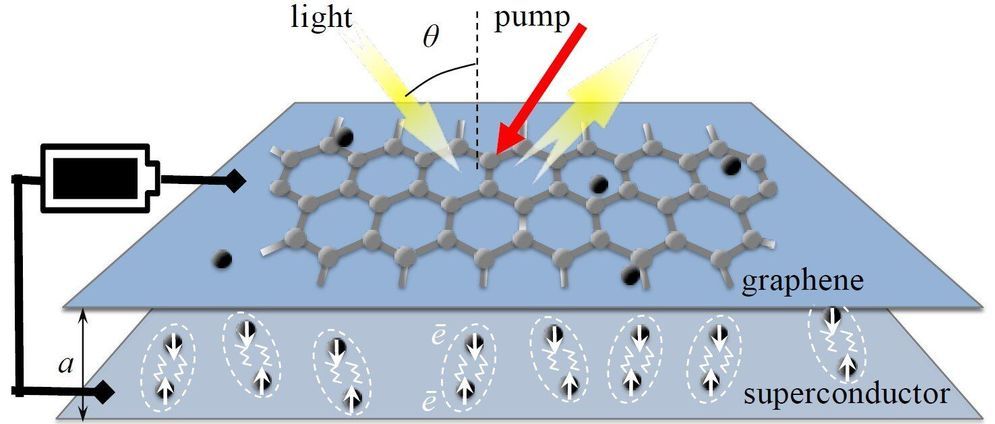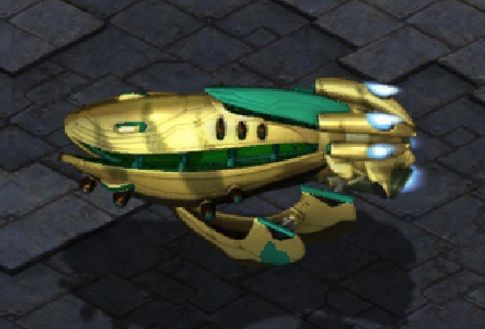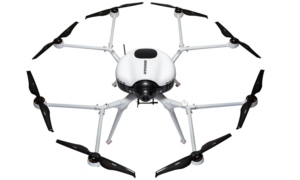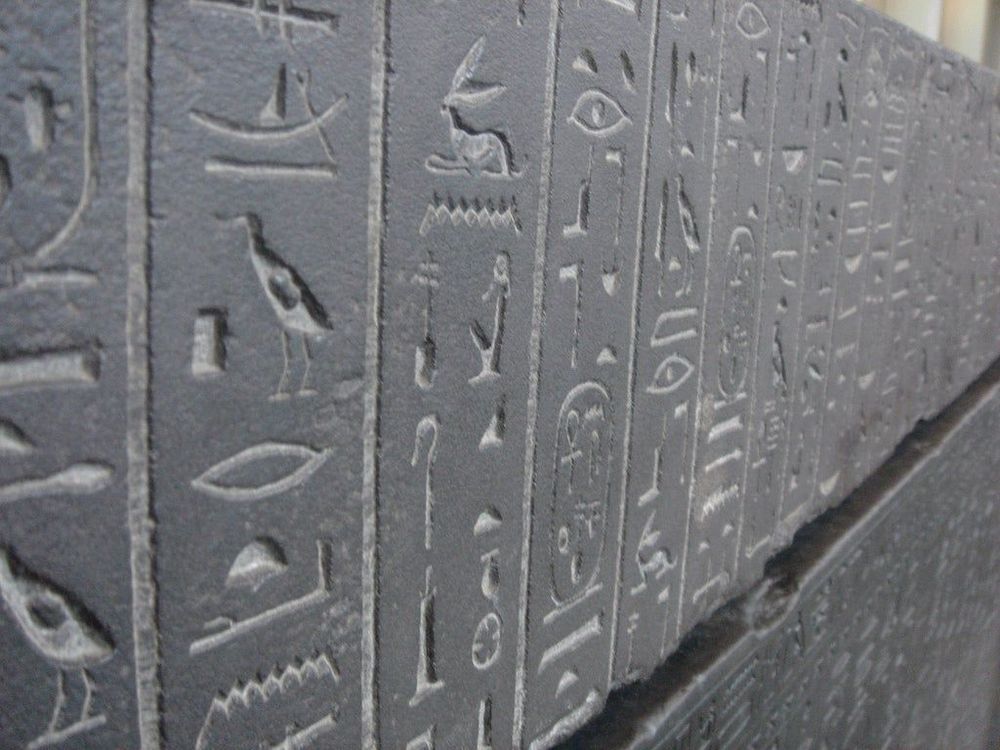India’s largest commercial oil company, Indian Oil Corporation Ltd., will partner with Lod-based energy start-up Phinergy to develop and produce innovative metal-air batteries, often regarded as the solution for long-distance electric-vehicle travel.
Indian Oil said it had bought a minority stake in Phinergy on Tuesday, which specializes in aluminum-air (Al-air) and zinc-air technologies. Unlike conventional lithium-ion batteries that carry oxygen within a heavy electrode, metal-air systems produce energy by combining aluminum, water and oxygen from the air.
The future incorporation of the long-pursued battery solution into electric vehicles, Phinergy said, will enable long-range driving, five-minute energy recharges and lowering the cost of electric vehicles.
Indian Oil and Phinergy plan to form a joint venture in India to collaborate on developing an Al-air battery system, including research and development, customization, manufacturing, assembly and the selling and service of energy systems. The companies also intend to establish a factory in India to manufacture the batteries for electric vehicles and additional stationary applications.
“We are confident that this Al-air battery technology would complement lithium-ion batteries to provide a hybrid solution for large-scale adoption of electric vehicles in the country,” Indian Oil chairman Sanjiv Singh said, adding that the company is assessing numerous alternative-energy options. “Al-air battery technology has advantages on a number of factors like range, energy density, safety of operations, life cycle, etc.”
Indian Oil hopes the development of innovative battery solutions will reduce the country’s reliance on imports, which are highly susceptible to geopolitical and currency-related risks. The development of Al-air solutions is considered to be particularly relevant to the Indian market due to its natural availability and the large aluminum production industry in the country.
